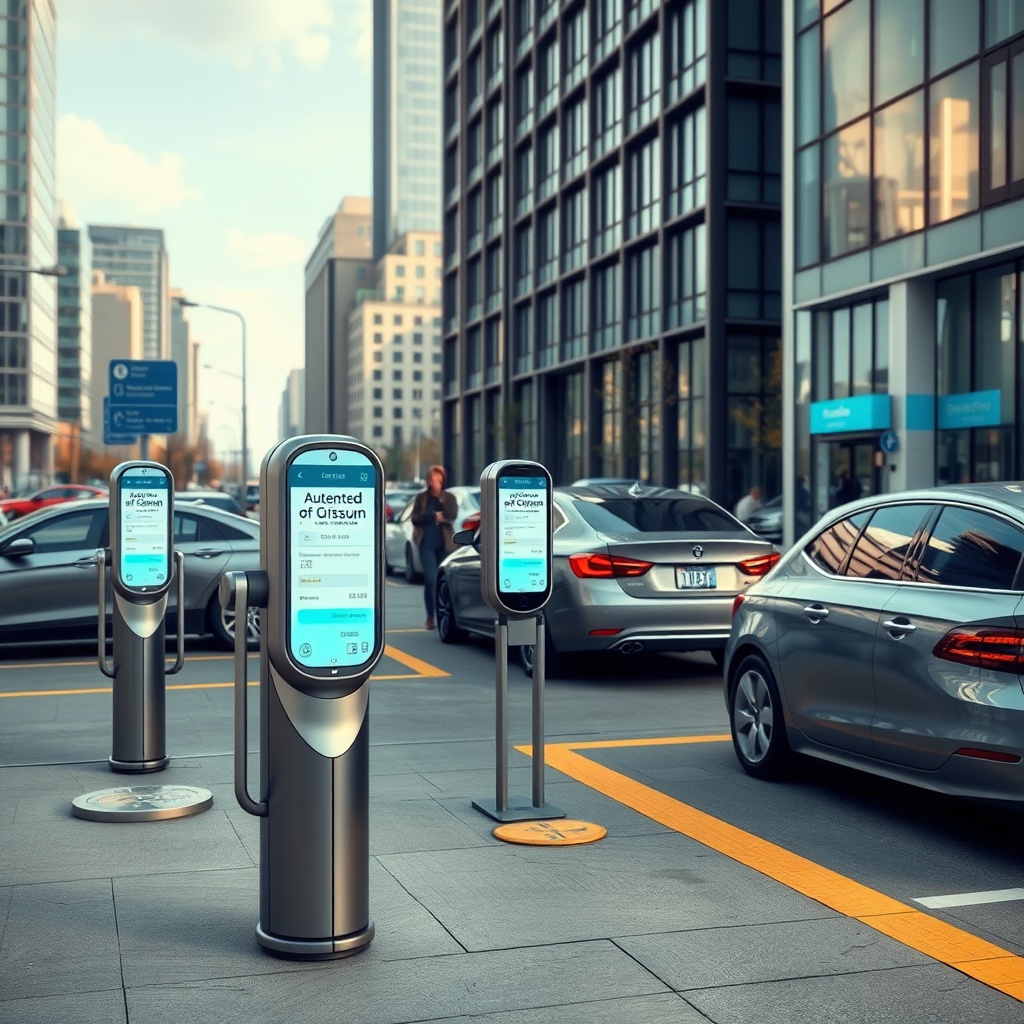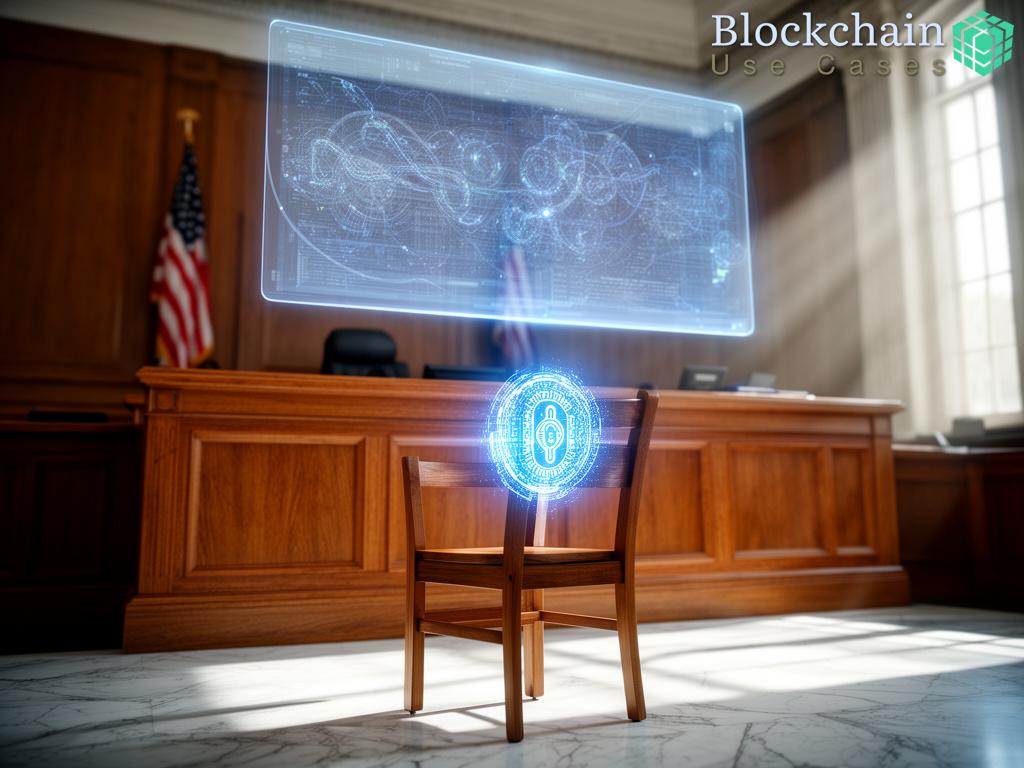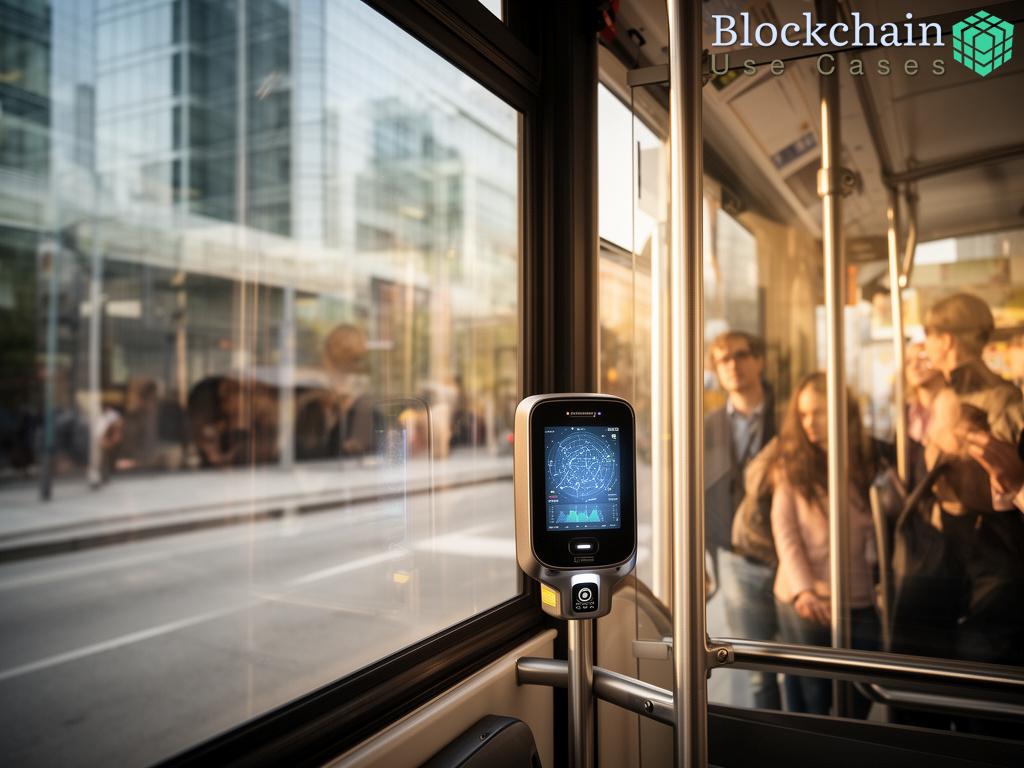Transforming Parking Compliance with Blockchain
The integration of smart contracts into urban parking systems is poised to revolutionize how municipalities manage compliance and enforce regulations. This technological advancement offers a transparent, efficient, and automated approach to parking enforcement, significantly reducing the administrative burdens on local authorities. By leveraging blockchain technology, municipalities can ensure that rules are adhered to while also providing a seamless experience for motorists.
Smart contracts, self-executing contracts with the terms of the agreement directly written into code, enable automated monitoring and enforcement of parking regulations without the need for human intervention. This innovation not only streamlines the process but also enhances accountability.
Benefits of Automated Systems
Implementing smart contract-based systems yields numerous benefits, ranging from increased efficiency to enhanced collection rates for fines. Below is a comparison of traditional parking enforcement methods versus smart contract systems:
- Efficiency: Traditional methods often involve manual checks and paperwork, leading to delays. Smart contracts automate these processes, ensuring timely enforcement.
- Transparency: Blockchain technology provides a transparent ledger that records all transactions, making it easy to track fines and payments.
- Cost Savings: Reduced administrative costs associated with human resources for enforcement and collections.
- Enhanced User Experience: Motorists receive instant notifications of violations, improving compliance rates and reducing appeals.
- Data Analytics: Smart contracts can gather data on parking trends, aiding in future urban planning.
Future Outlook: A Smarter Urban Experience
The future of parking enforcement lies in the adoption of smart contracts that not only promise efficiency but also foster a culture of compliance. As cities continue to grapple with increasing populations and limited parking resources, technology will play a crucial role in how we navigate urban landscapes. The shift towards automated systems is not merely a trend; it is a necessary evolution to meet the demands of modern urban living.
In conclusion, smart contract-based automated parking enforcement is set to enhance the way cities manage parking regulations, offering a streamlined, transparent, and efficient solution. As this technology continues to develop, we anticipate further innovations that will shape the future of urban mobility.





